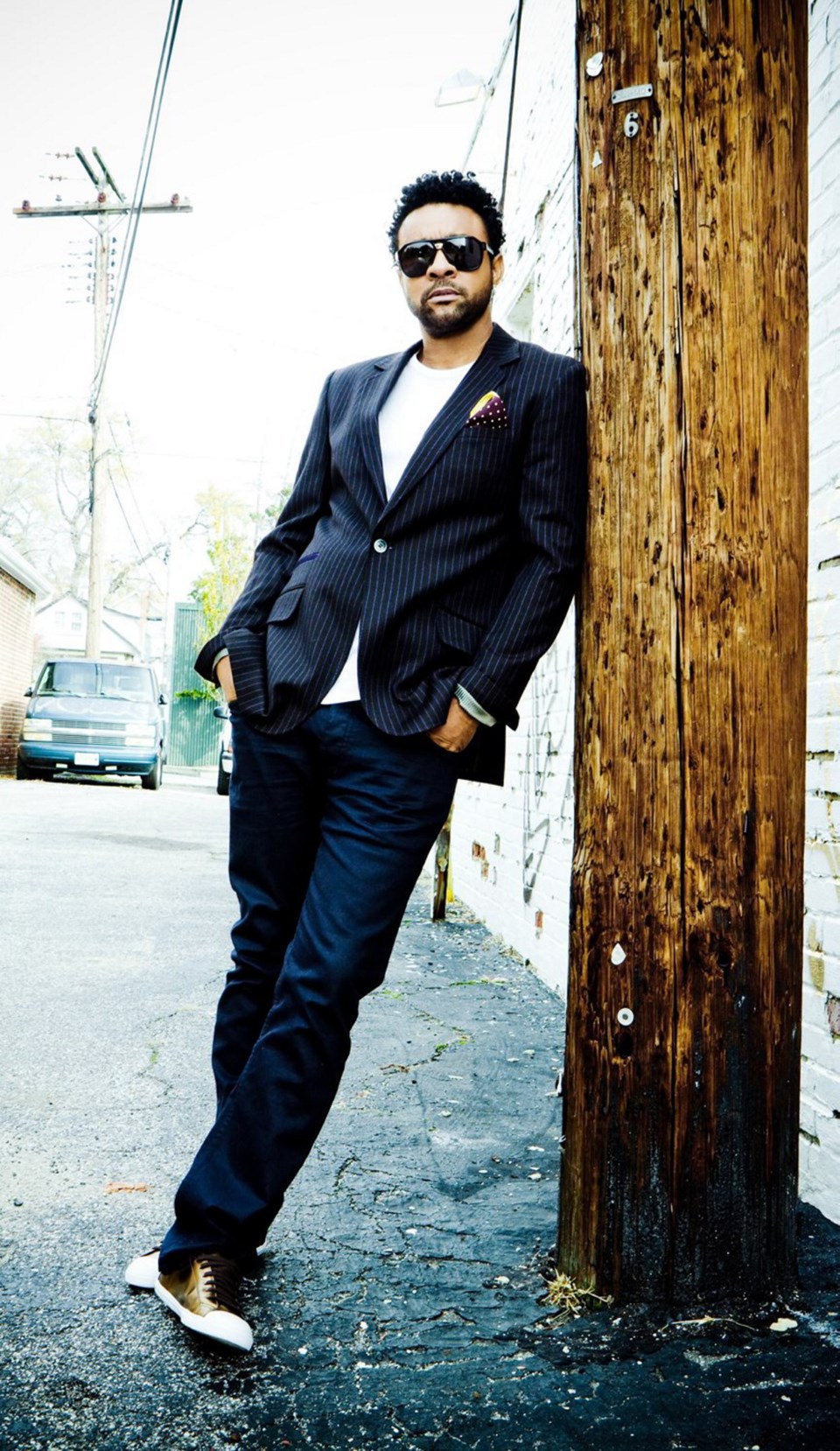Shaggy with Mikey Dangerous and DJ Anger
When: Saturday and Sunday, 9 p.m. (doors at 8:30)
Where: Club 9one9
Tickets: $35.95 (plus service charges) at Lyle’s Place, Trini to D Bone, Ditch Records, the Strathcona Hotel, The Reef, and ticketweb.ca
Shaggy moved to New York in his late teens with visions of stardom in mind. He would eventually realize his dream of becoming a famous singer, but not without employing some key stop-gap measures along the way.
The first was to make himself difficult to define — which remains his calling card. Depending on the day, you might catch Shaggy as Mr. Boombastic, reggae music’s party-friendly personality; in a mellower mood, he’s a bedroom-ready playboy known as Mr. Lover Lover.
On this day, however, the man known to music fans as the king of pop-dancehall isn’t in the mood to celebrate, particularly when talk turns to the current state of reggae music.
The performer, who was born Orville Burrell, grew up in the ghettos of Jamaica surrounded by his country’s native artform. Reggae is both Jamaica’s lifeblood and its cottage industry, thanks to the musical output of Bob Marley, Peter Tosh and Jimmy Cliff. That this same music is not treated with reverence in North America is something that drives the Jamaica-based Shaggy.
His mission is to do better with each record he releases. Out of Many, One Music, his new recording and most traditional outing to date, is an attempt to put a proper spotlight back on reggae music, Shaggy said.
The recording was produced by icons Sly Dunbar and Robbie Shakespeare, who are among the most revered players in Jamaican music history. Like Shaggy, they have found success over the long term. The frustrating part for Shaggy is that Shakespeare, Dunbar and himself have all struggled mightily to achieve it.
“The genre I am in is a minority genre,” he said during a recent tour stop. “When you look at promoting it, there are no radio stations, there is no format for reggae music. What I have tried to do over the years is give it a crossover flair, add other elements to the music just to get radio play. That’s what [Island Records founder] Chris Blackwell did with Bob Marley in the early days, get session musicians to overdub rock sounds over his music so it would get radio play.”
Shaggy, 45, learned a thing or two from the Blackwell formula. His biggest hits are interpolations of well-known songs, from Boombastic — which used Marvin Gaye’s Let’s Get it On — to Angel, which incorporated the chorus of Merilee Rush’s Angel of the Morning.
Shaggy crafted his method of songwriting out of necessity. Serendipitously, it helped skirt the music industry system — one that is very clearly is broken, Shaggy said. “Most radio stations only play reggae for two hours on Sunday. But we’ve got ourselves to the point where we’re selling numbers equal to the big boys. It’s definitely not a level playing field, but we’ve overcome the odds.”
There was nothing easy about the way Shaggy went about his career in the early days. Shortly after his arrival in the U.S., at 18, he played everywhere around his adopted hometown of New York City. He did so for the better part of year, without much success.
Shortly before his 20th birthday, he enlisted in the U.S. Marines and wound up stationed at a camp in North Carolina. While enlisted, he managed to cut a single and release it, albeit to little attention.
In 1991, he was sent to Kuwait for five months as part of Operation Desert Storm. His tour of duty wrapped without incident and by 1993 he had found overseas success with Oh Carolina, a dancehall sizzler that used the Theme From Peter Gunn to great effect.
It was at this point — after finally achieving the success that eluded him for so long — that Shaggy realized his dream of bringing traditional dancehall to the masses might never materialize.
Then came the final, definitive eye-opener for Shaggy. While singing backup for British reggae-fusion singer Maxi Priest on a 1993 tour, he noticed the range of other bands on the bill at Brazil’s Hollywood Rock Festival. Priest was booked alongside Nirvana, Alice in Chains and the Red Hot Chili Peppers, which gave Shaggy considerable pause.
“I totally had it wrong,” he said with a laugh. “I was chasing this dancehall dream, and this guy was global.”
He eventually signed a record deal of his own, but was told repeatedly by executives that his pop-inflected reggae would never translate to mainstream success. “It wasn’t easy work,” Shaggy said. “I sold records and made a career on Britney Spears’ catering budget. That is literally what the record company gave us.”
His world was remade the instant Hot Shot arrived in 2000. The album hit No. 1 on the sales charts, and spawned a series of career-defining singles. Hot Shot has sold upwards of 20 million copies worldwide and remains the album with which Shaggy is most often associated.
For tours in support of pop albums such as Hot Shot, Shaggy uses major festival dates as a tool for promotion. For the trek in support of Out of Many, One Music — his riff on Jamaica’s national motto, Out of Many, One People — he is visiting places such as Victoria, where he has never performed.
He’s happy with the results, as he should be. The first of two Shaggy dates this weekend at Club 9one9 sold out in advance. The second, on Sunday, is also selling well.
“It’s eye opening,” he said of his current club tour.
“But we did a reggae album, a raw reggae album, and if you’re promoting a reggae album, this is the way to do it. Take it straight to the people.”

.png;w=120;h=80;mode=crop)

